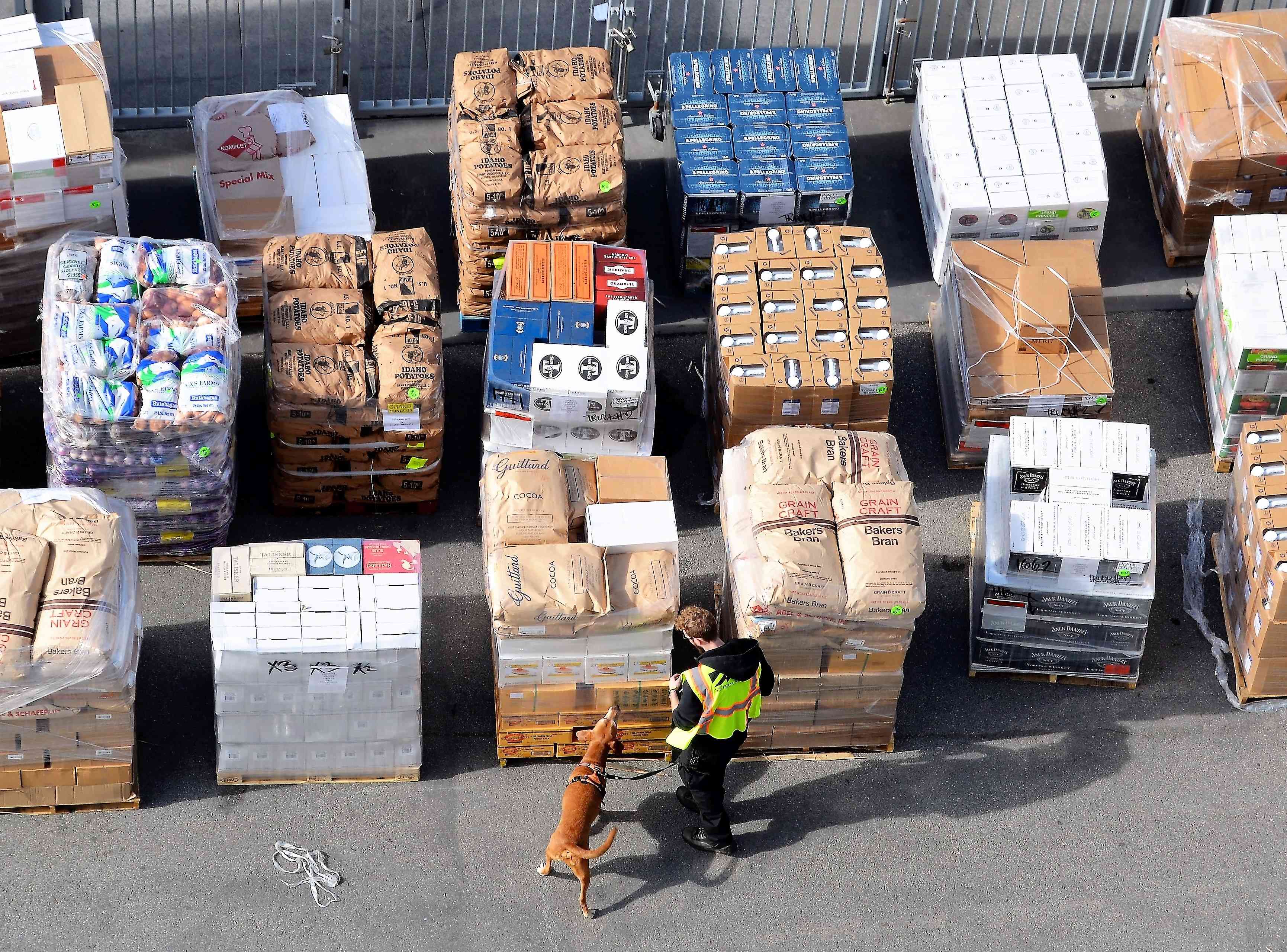UN Law of the Sea Implementing Agreement 2020
IMO is a UN Specialized Agency, and its authority as shipping’s, global regulator is ultimately, derived from the United Nations, Convention on the Law of the, Sea (UNCLOS), which provides, the fundamental legal framework, for the use and protection of the, world’s oceans.

Over the past 60 years, a highly successful regulatory framework for maritime safety and pollution prevention has been developed under IMO’s auspices. There are around 80,000 commercial ships engaged in international trade, which must all adhere to IMO regulations throughout each and every voyage, including the MARPOL Convention for pollution prevention. The system ensures that a shipowner’s activities are never beyond the national jurisdiction of the ship’s flag state, even when vessels are operating on the High Seas beyond the territorial waters or Exclusive Economic Zones of coastal states.
As well as being overseen by a rigorous system of flag state enforcement, compliance with IMO regulations is also subject to oversight by a sophisticated regime of Port State Control inspection, co-ordinated via regional agreements within the global IMO framework. But regulatory arrangements for other ocean industries are not so well developed as those enjoyed by commercial shipping.

After several years of discussions in response to growing concern about the degradation of the world’s oceans, a high level Diplomatic Conference was convened by the United Nations, in New York, in 2018. The objective is to adopt an implementing agreement that will allow, within the existing UNCLOS framework, the development of future regulations for the protection and sustainable use of Biodiversity in sea areas Beyond National Jurisdiction (BBNJ), in other words regulation applicable to the High Seas.
ICS has represented the world’s shipowners throughout these important negotiations at the United Nations headquarters in New York. This progress towards further protection of the world’s oceans is welcome, and ICS fully supports the objectives of the new instrument. But ICS has sought to ensure that there will not be any unintended consequences with respect, for example, to the principle of freedom of navigation, or for the authority of IMO and the shipping industry’s well established global regulatory system.
“ICS is representing shipowners at the United Nations negotiations on a new UNCLOS agreement that could have profound consequences for the future regulation of shipping”
The scope of the proposed UN new instrument is wide, with governments negotiating on the basis of a package of concerns which they wish to see addressed. These include the use of marine genetic resources, environmental impact assessments, and area based management tools – such as Marine Protected Areas (MPAs), as well as capacity building and the transfer of marine technology. Governments are also seeking to promote greater coherence in ocean governance, in which many different regulatory bodies currently have a stake, and to cover the full range of present and potential future uses of the ocean that may affect its biodiversity.
With such an ambitious reach, when the latest draft text of the agreement was published, in November 2019, it was perhaps no surprise that diverse and sometimes conflicting options remained open for discussion. Moreover, some options that could result in conflict or duplication with the mandate of IMO, particularly with respect to the future designation of MPAs and environmental impact assessments, are still on the table.
ICS has therefore continued to seek absolute clarity that the new UN agreement is not intended to regulate activities that are already within the mandate of other specialised UN agencies or relevant legal instruments. Whatever is decided, it is most important that the detail and appropriateness of any measures that might be developed for application to shipping, for example within MPAs on the High Seas, should be determined by IMO, due to its experience and expertise in implementing such measures.
Prior to the final negotiating session authorised by the UN General Assembly, which was scheduled to take place in March 2020, much more work clearly needed to be done to achieve consensus among governments. However, this final session was postponed due COVID-19. Nevertheless, in the months before March there appeared to be growing political momentum among key players, such as the European Union, to reach an agreement that could accommodate different views. ICS therefore anticipates that high priority will be given to holding the final session of the UN Diplomatic Conference as soon as practicable.
Related content

LEG 111-4(a)-2 – (a) Provision of financial security in case of abandonment of seafarers, and shipowners’ responsibilities in respect of contractual claims for personal injury to, or death of, seafarers, in light of the progress of amendments to the ILO Maritime Labour Convention, 2006 Comments on document LEG 111/4(a)

Shipping takes action on drug smuggling

The Master’s Practical Guide to Maritime Law, First Edition
